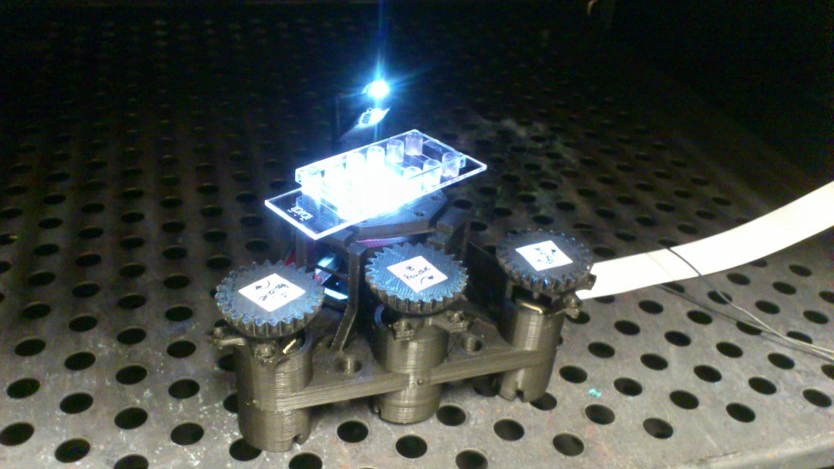Dr Richard Bowman designs microscopic instrumentation, applying techniques from physics, computing and engineering to problems across the physical and life sciences. His instrument designs range from high-end optical trapping systems to smart microscopes for malaria diagnostics, locally produced in Tanzania.
Highly automated experiments rely on expensive ‘black box’ hardware that is difficult to customise or integrate with other apparatus. He developed a fully-automated microscope that can be 3D printed, and released the design as open source hardware. This means that anyone is free to analyse, improve, and customise the design for their own needs, and share those improved designs with the community.
He also co-founded ‘WaterScope’, a not-for-profit company using digital microscopy to accelerate bacteriological water testing, and was included in the Forbes magazine ‘30 Under 30 Europe’ list. Supported by fellowships from the Royal Commission and the University of Bath, he has built an extensive research programme with strong connections to industrial and medical partners in Tanzania.
Richard said: “I’m honoured to have been awarded the medal, recognising the value of making automated instruments more accessible - to industry, academia, and the growing community of ‘makers’ around the world. Of course there is a sizeable team behind all of these projects, in Bath, Cambridge, Tanzania, and beyond. This is their success too!
"It’s a great privilege to be able to do this work and share it freely, and I hope the approach of making and using open source scientific hardware is one that’s here to stay.”
The Clifford Paterson Medal and Prize is named after the founder of the GEC Research Laboratories, Sir Clifford Paterson who was President of the Institute of Physics between 1937 and 1939.

